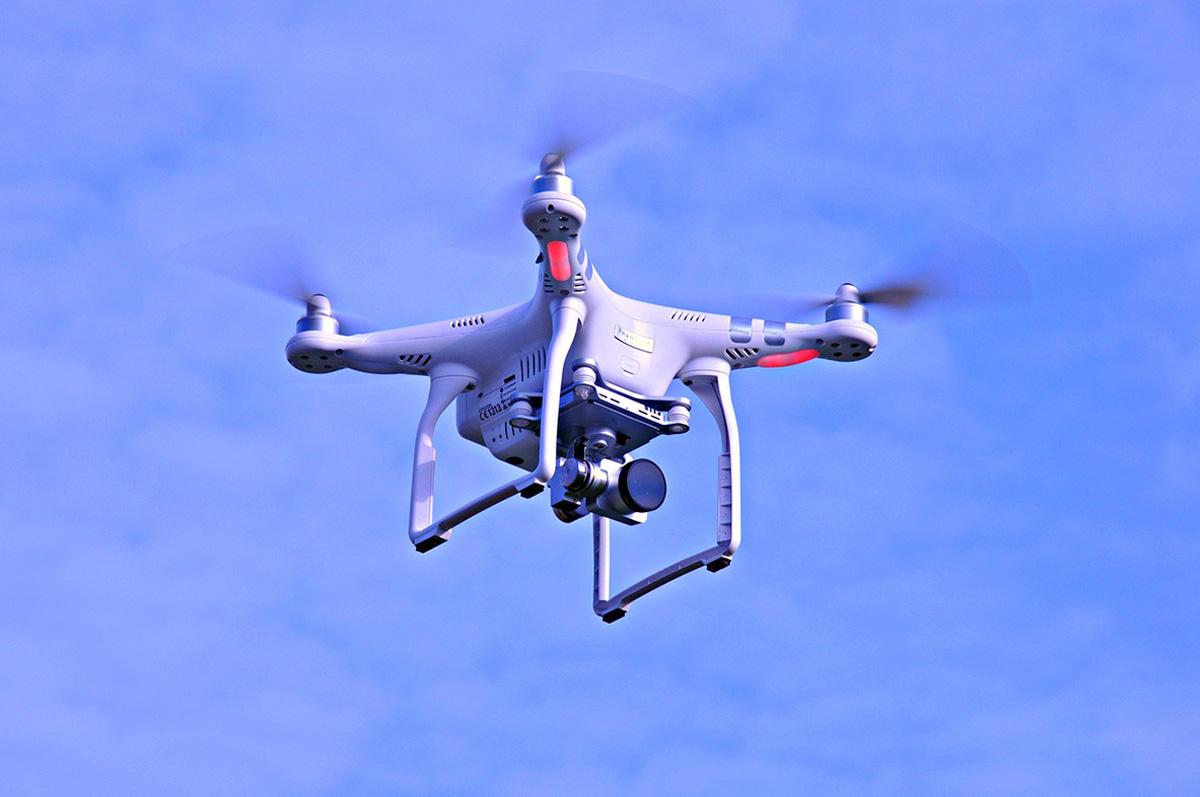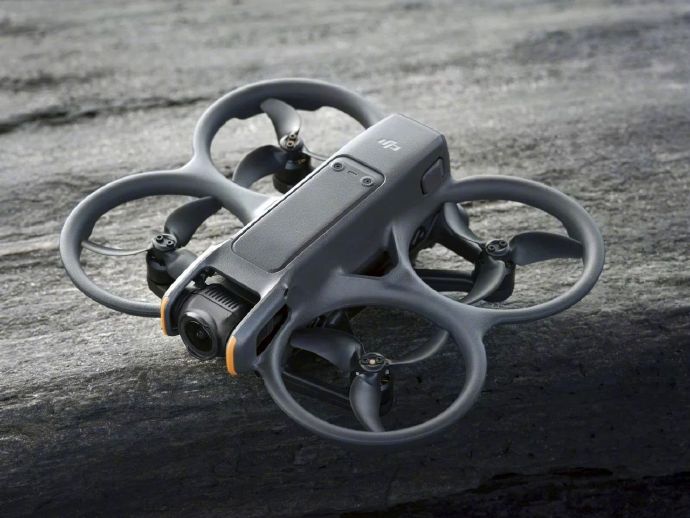In the rapidly evolving landscape of modern warfare, US military drones play a crucial role in reshaping operational strategies and tactical approaches. These unmanned aerial vehicles (UAVs) have transcended traditional battleground tactics, offering a blend of surveillance, reconnaissance, and combat capabilities. The technological advancements in US military drones are not only transforming the nature of warfare but are also setting a precedent for future military innovations.
What sets US military drones apart is their sophisticated design and functionality which enable them to undertake long-duration missions with precision and minimal human intervention. The ability to perform complex tasks autonomously has made drones invaluable assets in intelligence gathering and combat operations. With upgrades in artificial intelligence and machine learning, these drones can process data in real-time, enhancing decision-making capabilities during missions.
Technological Innovations in US Military Drones
The integration of advanced technologies such as hyperspectral imaging and thermal sensors in US military drones is revolutionizing how troops acquire and process information. Hyperspectral imaging allows them to detect objects invisible to the naked eye by analyzing the electromagnetic spectrum, making drones integral in surveillance missions. Moreover, thermal sensors provide vision beyond what is affected by weather or light conditions, offering unparalleled reconnaissance abilities at any time of day or night.
Another critical development is the enhancement of drone stealth technology. By minimizing radar signatures and employing quieter engines, drones can infiltrate hostile environments undetected, thus amplifying their strategic value in sensitive operations. The incorporation of innovative materials and designs continues to advance drone stealth capabilities, leading to increased survivability and effectiveness in diverse theaters of conflict.
Impacts of Drone Evolution on Warfare Strategies
The evolution of US military drones signifies a paradigm shift in warfare strategies. The traditional roles of manned aircraft and ground reconnaissance teams are increasingly supplemented or replaced by drone deployments
, reducing risks to human lives while significantly boosting operational efficiency. This shift is most apparent in counter-terrorism operations where drones have been instrumental in pinpointing and neutralizing threats with minimal collateral damage.
Drones also empower military forces with enhanced logistical capabilities. Supply chains and medical evacuee operations benefit from drone accessibility in hostile or inaccessible terrains. The dexterity and rapid response of drones thus create a more adaptive and efficient military operation landscape.
Future Prospects and Challenges
The future prospects of US military drones are centered on increased autonomy and integration with other military systems. The potential for swarm drone technologies, where multiple drones operate in concert, offers promising avenues for coordinated attacks and area surveillance. However, these advancements pose challenges, such as cybersecurity threats and ethical concerns surrounding autonomous decision-making in combat scenarios.
Ensuring data security and developing robust countermeasures against potential drone hacking are critical aspects of future drone technology advancements. The moral implications of autonomous drones, particularly in warfare, will need to be addressed in international forums and defense policy-making circles.
FAQs

Q: How do US military drones contribute to reducing human casualties in warfare?
A: By providing intelligence and performing surveillance, drones limit the need for ground troops in hostile areas, reducing direct confrontations and enhancing mission precision, thus minimizing casualties.
By providing intelligence and performing surveillance, drones limit the need for ground troops in hostile areas, reducing direct confrontations and enhancing mission precision, thus minimizing casualties.
Q: What are the main ethical concerns regarding the use of military drones?
A: Ethical concerns include the potential for autonomous drones to make lethal decisions without human oversight and the implications of drone surveillance on privacy rights.
In conclusion, US military drones represent a formidable step forward in the evolution of defense technology, but continuous advancements and responsible policy-making are essential to address the challenges they pose.